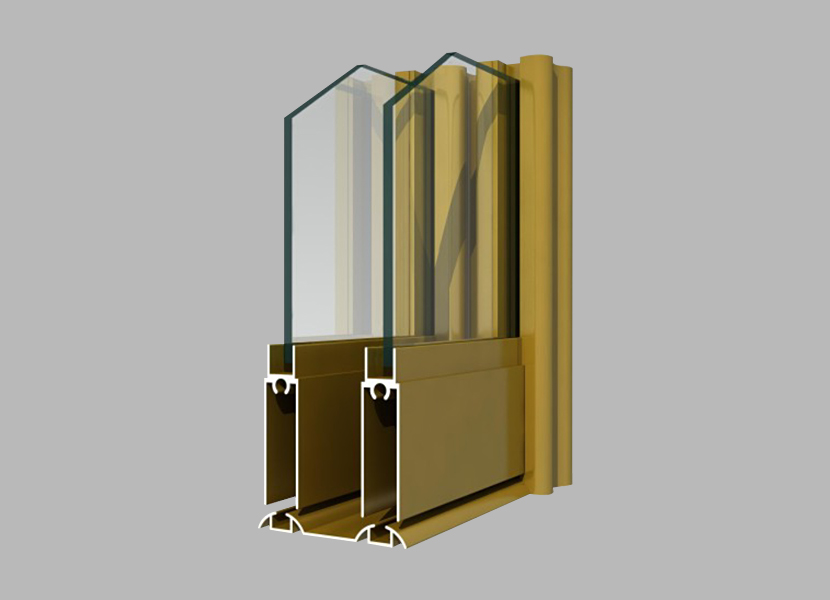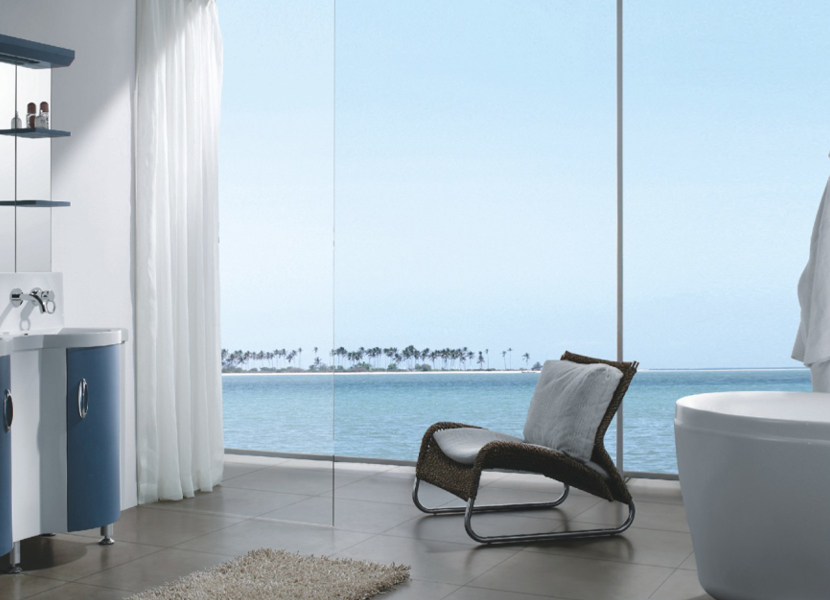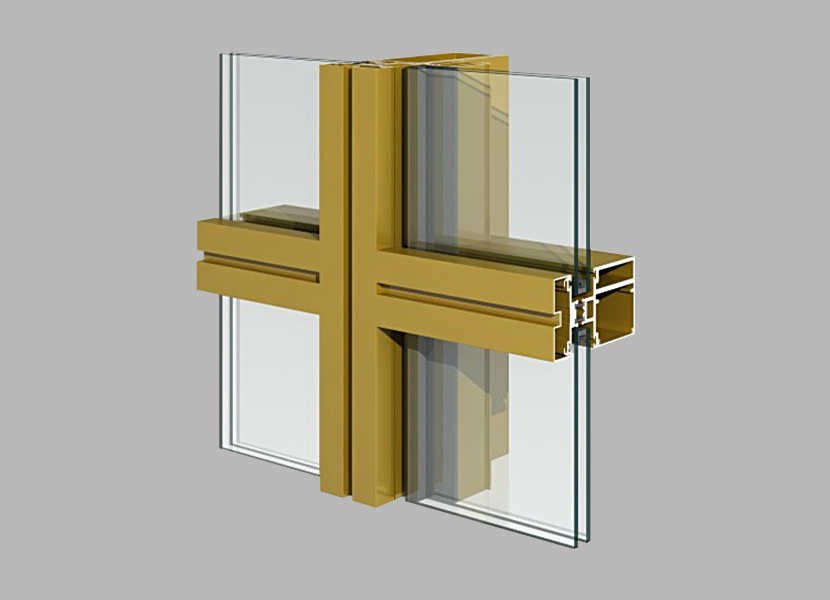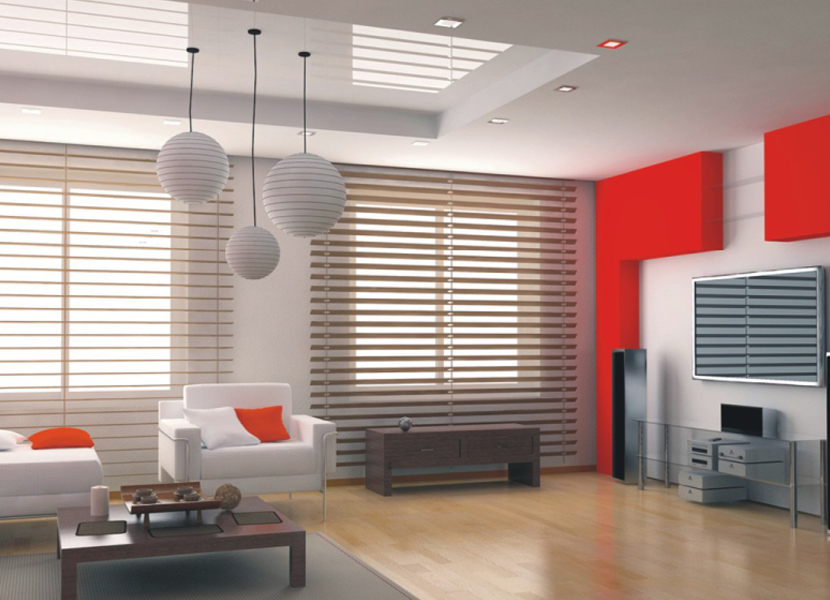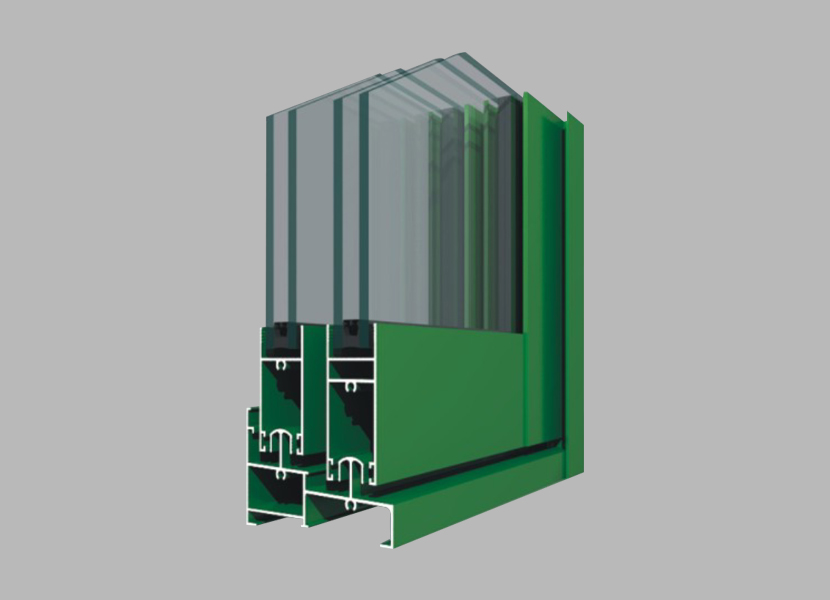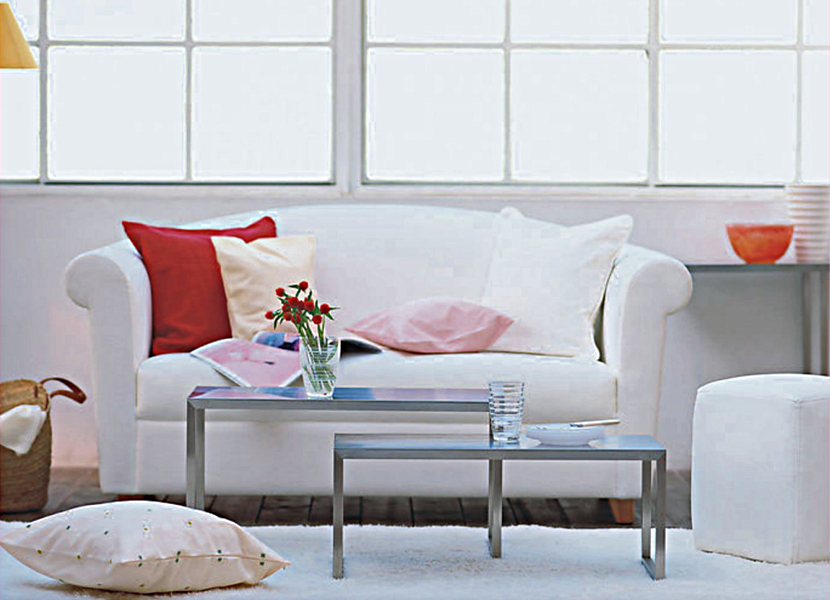The Advantages of Using Industrial Aluminium Profiles
Industrial aluminium profiles have become increasingly popular in recent years, replacing traditional building materials like wood and steel. These profiles are made from aluminium extrusion, a manufacturing process that produces uniform cross-sections that can be customized to fit specific design requirements.
There are several advantages to using industrial aluminium profiles in construction and manufacturing:
Lightweight and Strong
Aluminium is a lightweight material that has high strength-to-weight ratio. This makes it an ideal choice for applications where weight is a concern, such as in the aerospace or automotive industries. Despite its light weight, aluminium is also very strong and can withstand high loads and stresses.
Corrosion-Resistant
Unlike other metals, such as steel, aluminium does not corrode easily. It forms a thin layer of oxide on its surface that acts as a protective barrier against corrosion. This makes industrial aluminium profiles ideal for outdoor applications where they are exposed to moisture and other harsh environmental conditions.
Easy to Fabricate
Aluminium profiles are easy to fabricate and can be customized to fit specific design requirements. This means that manufacturers can create complex shapes and structures that would be difficult or impossible to achieve with traditional building materials.
Sustainable
Aluminium is a sustainable material that is 100% recyclable. This means that it can be reused indefinitely without losing its properties. Using industrial aluminium profiles in construction and manufacturing can help reduce waste and carbon emissions.
Cost-Effective
While the initial cost of using aluminium profiles may be higher than traditional building materials, the long-term benefits make it a cost-effective choice. Aluminium requires little maintenance and has a long lifespan, which reduces the need for costly repairs or replacements.
Overall, the advantages of using industrial aluminium profiles make it a popular choice for a variety of applications in construction and manufacturing. Its lightweight, strength, corrosion resistance, and sustainability make it a versatile and cost-effective material.
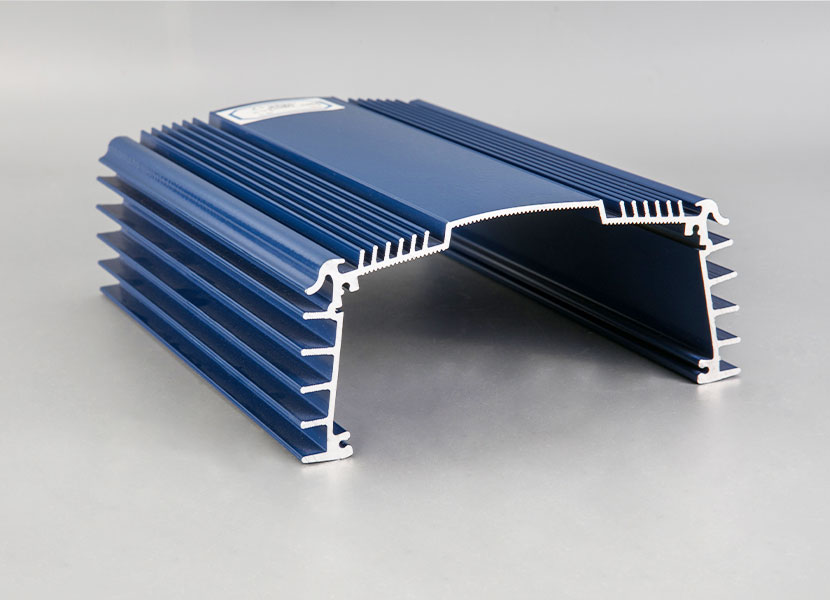

 English
English 简体中文
简体中文 España
España